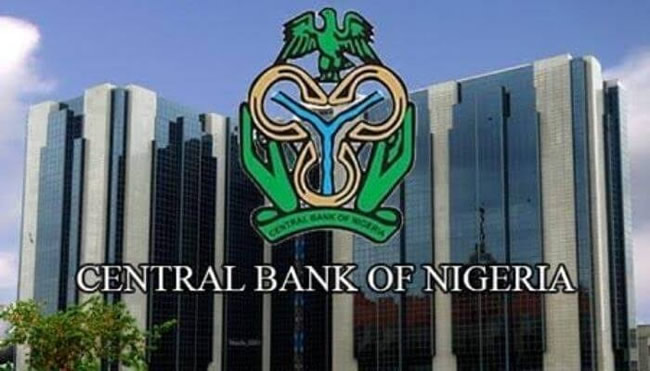More Shariah banks coming – CBN
The Central Bank of Nigeria (CBN) has said that more shariah compliant banks are coming due to the benefits the sector has brought to the nation’s economy and citizens. The CBN Governor, Mr. Olayemi Michael Cardoso, represented by Director Legal Services, CBN, Mr Kofo Salam-Alada, said this on Sunday in Abuja at a reception in […]

The Central Bank of Nigeria (CBN) has said that more shariah compliant banks are coming due to the benefits the sector has brought to the nation’s economy and citizens.
The CBN Governor, Mr. Olayemi Michael Cardoso, represented by Director Legal Services, CBN, Mr Kofo Salam-Alada, said this on Sunday in Abuja at a reception in honour of the Secretary-General, Organisation of Islamic Cooperation Arbitration Centre (OIC-AC), Dr. Umar A. Oseni, organised by his mentees.
According to him, when the shariah banking idea was muted, the naysayers said no, but those who are optimistic and pragmatic, believed in the journey.
“So it was never an attempt to Islamise Nigeria or Islamise financing in Nigeria. When the Prince (Emir Sanusi) came, he continued the journey. And that journey saw some of us, one of you, who is standing before you today, that started the transaction documents that started the relationship with one institution that Dr. Umar Oseni headed for about eight years,” Salam-Alada said.
He also said that these banks have reached out to not just to states, but everybody who is into business in Nigeria who must have done something with them in one way or the other.
He said, “I am not advertising, but I can say we are proud of Jaiz, Tajj, and Alternate Bank and I believe many more would come.
We are happy to drive on roads financed by Sukkuk in Nigeria and more billions will still come. So many products are on the card and the Central Bank of Nigeria will not rest until financing gets to the grassroots.”
Responding, Dr Oseni, said that the OIC Arbitration Centre and the focus of the centre basically is for investment, commercial and financial dispute.OIC actually has 57 member countries globally.
